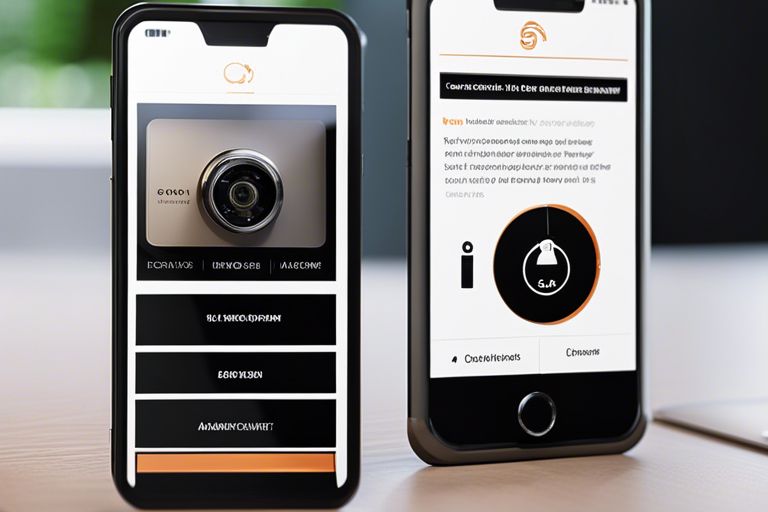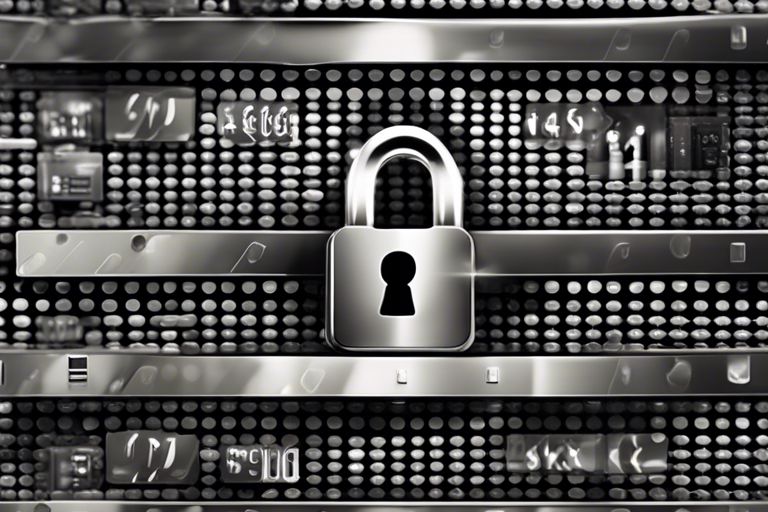In the digital age, where much of our lives are online, robust cybersecurity’s importance cannot be overstated. One of the cornerstones of cybersecurity is the humble password. It’s the primary key to our digital kingdom, guarding everything from our social media accounts to our financial information. Yet, despite its importance, many people underestimate the significance of creating strong, secure passwords. The consequences of this oversight can be devastating, ranging from identity theft to financial loss and even reputational damage.
The Risks of Weak Passwords
Weak passwords are the low-hanging fruit for cybercriminals. According to a report by Verizon, over 80% of hacking-related breaches are due to inadequate or stolen passwords. When you use a weak password, you’re essentially rolling out the red carpet for hackers, inviting them to wreak havoc in your personal or professional life.
The Scope of the Problem
The issue is so widespread that it has led to a surge in cybercrime, affecting individuals and corporations. In 2020 alone, cybercrime damages amounted to a staggering $1 trillion, a 50% increase from 2018. A significant portion of these damages can be attributed to weak passwords.
The Objective of This Blog
This blog aims to serve as a comprehensive guide to creating strong passwords. We will explore the characteristics that make passwords solid, common mistakes to avoid, and practical strategies for managing multiple passwords. By the end of this article, you’ll be equipped with the knowledge and tools to fortify your digital life.
The Importance of Strong Passwords
The Staggering Statistics
The statistics surrounding weak passwords are alarming. According to a study by the University of Maryland, hackers attempt to break into computers with Internet access every 39 seconds. What’s even more concerning is that these are just the attempts we know about; many go undetected until it’s too late.
Real-World Consequences
Let’s consider some real-world examples to illustrate the gravity of the situation. In 2016, a hacker gained access to the email account of John Podesta, the chairman of Hillary Clinton’s presidential campaign, through a phishing attack. The password he used was “password.” The subsequent leak of emails significantly impacted the U.S. presidential election. Another example is the 2017 Equifax data breach, where a failure to update software combined with a default admin password led to the exposure of the personal data of 147 million Americans.
Types of Information at Risk
When your password is compromised, the types of information that can be accessed vary depending on what the password protects. For an email account, a hacker could access your personal and professional correspondence, contacts, and potentially sensitive photos or documents. For a financial statement, the risks are even more severe, including unauthorised transactions or identity theft.
Characteristics of a Strong Password
The Length Factor
One of the most critical elements of a strong password is its length. Cybersecurity experts recommend a minimum of 12 characters for a robust password. The reason is simple: the longer the password, the more combinations a hacker has to try to crack it. According to a report by the National Institute of Standards and Technology (NIST), increasing the length of your password from 8 to 12 characters can make it 10,000 times more demanding to crack.
Complexity Matters
A strong password isn’t just long; it’s also complex. A mix of upper-case letters, lowercase letters, numbers, and special characters like! @, #, $, etc., can significantly enhance the strength of your password. Each additional type of character used increases possible combinations, making the password harder to crack. For instance, a password with only lowercase letters has 26 possible characters for each position. Still, a password with upper-case letters, numbers, and special symbols has over 90 possible characters for each class.
Unpredictability is Key
The third pillar of a strong password is unpredictability. Many people use easily guessable information like their birthdays, names of family members, or even the word “password” itself. These are a goldmine for hackers who can easily find such information through social engineering or simple online searches. Your password should be something that can’t be easily guessed by someone who knows you or can find information about you online.
Common Mistakes to Avoid
The Perils of Password Reuse
One of the most common mistakes people make is using the same password across multiple accounts. This practice, known as password reuse, is risky because if one account is compromised, all accounts using that password are at risk. According to a survey by Google, 52% of people admit to using the same password for multiple accounts, and 13% use the same password for all budgets. This is a dangerous practice that can lead to a domino effect of compromised security.
Easily Guessable Information
Another common mistake is using easily guessable information like birthdays, anniversaries, or pets’ names. Cybercriminals often use a technique called “social engineering,” where they gather information about a target to guess their password. If your password includes easily accessible information, you’re making the hacker’s job easier.
Ignoring Security Prompts
Many online services now offer prompts to update or strengthen your password. Ignoring these prompts is akin to ignoring a low-fuel warning in a car. You’re risking running out of security and exposing yourself to potential hacks. Always take these prompts seriously and update your password to something more substantial if suggested.
Tips for Creating a Strong Password
The Art of Acronyms and Phrases
One effective technique for creating a strong yet memorable password is to use an acronym or a phrase. For example, you could use a sentence like “My cat Sammy loves to jump over the fence!” to convert it into a password like “McS!LtJ0tF!”. This password is strong, with a mix of upper-case and lower-case letters, numbers, and special characters, yet the original sentence makes it easier to remember.
Utilising Password Generators
Password generators are tools that create random, strong passwords for you. They use algorithms to combine upper-case and lowercase letters, numbers, and special characters in a problematic way to guess or crack. While these passwords can be challenging to remember, they are highly secure and excellent for accounts you don’t need to access frequently but need strong protection, like financial accounts.
Testing Your Password Strength
Several online tools can gauge the strength of your password by checking its length, complexity, and unpredictability. Websites like “How Secure Is My Password?” can estimate how long it would take for a computer to crack your password. However, be cautious when using such tools and ensure they are from reputable sources.
How to Remember Multiple Strong Passwords
The Role of Password Managers
Password managers are software applications designed to store and manage your passwords. They encrypt your password database with a master password. The master password is the only one you need to remember, making it easier to maintain multiple strong passwords. Popular options include LastPass, Dashlane, and 1Password.
Creating a Secure System
If you’re not keen on using a password manager, you can create a secure system to remember your passwords. One method is to create a strong ” base ” password and then add unique identifiers for each site or service you use. For example, your base password could be “Jk!9Qr@2”, and then you could add “Amz” for Amazon, resulting in “Jk!9Qr@2Amz”.
Two-factor authentication (2FA)
Even the most robust password can be compromised, so using Two-Factor Authentication (2FA) wherever possible is advisable. 2FA adds a layer of security by requiring a second form of identification beyond just your password. This could be a text message sent to your phone, a biometric scan, or a physical token.
What to Do If Your Password is Compromised
Immediate Steps
If you suspect your password has been compromised, the first step is to change it immediately. If the compromised password was used for multiple accounts, change it for each.
Checking for Data Breaches
Several websites, such as “Have I Been Pwned,” allow you to check if your email address has been involved in a data breach. If it has, you’ll need to take additional steps, such as monitoring your financial accounts for suspicious activity.
The Domino Effect
If you’ve used the same or similar passwords across multiple accounts, you’ll need to change all of them. This is a tedious but necessary step to prevent a single breach from compromising various accounts.
Conclusion
In the digital age, the importance of strong passwords is akin to the extent of a strong lock on your front door in the physical world. With the increasing sophistication of cyber-attacks, a strong password is your first defence against potential threats. This blog has aimed to provide a comprehensive guide to understanding the characteristics of strong passwords, common mistakes to avoid, and strategies for managing multiple strong passwords.
Creating and maintaining solid passwords may seem daunting, but the risks of neglecting this crucial aspect of cybersecurity are far too significant to ignore. As the saying goes, “Prevention is better than cure.” Taking the time now to strengthen your passwords can save you from a world of trouble in the future.
Additional Resources
- LastPass
- Dashlane
- 1Password
- How Secure Is My Password?
- Have I Been Pwned






